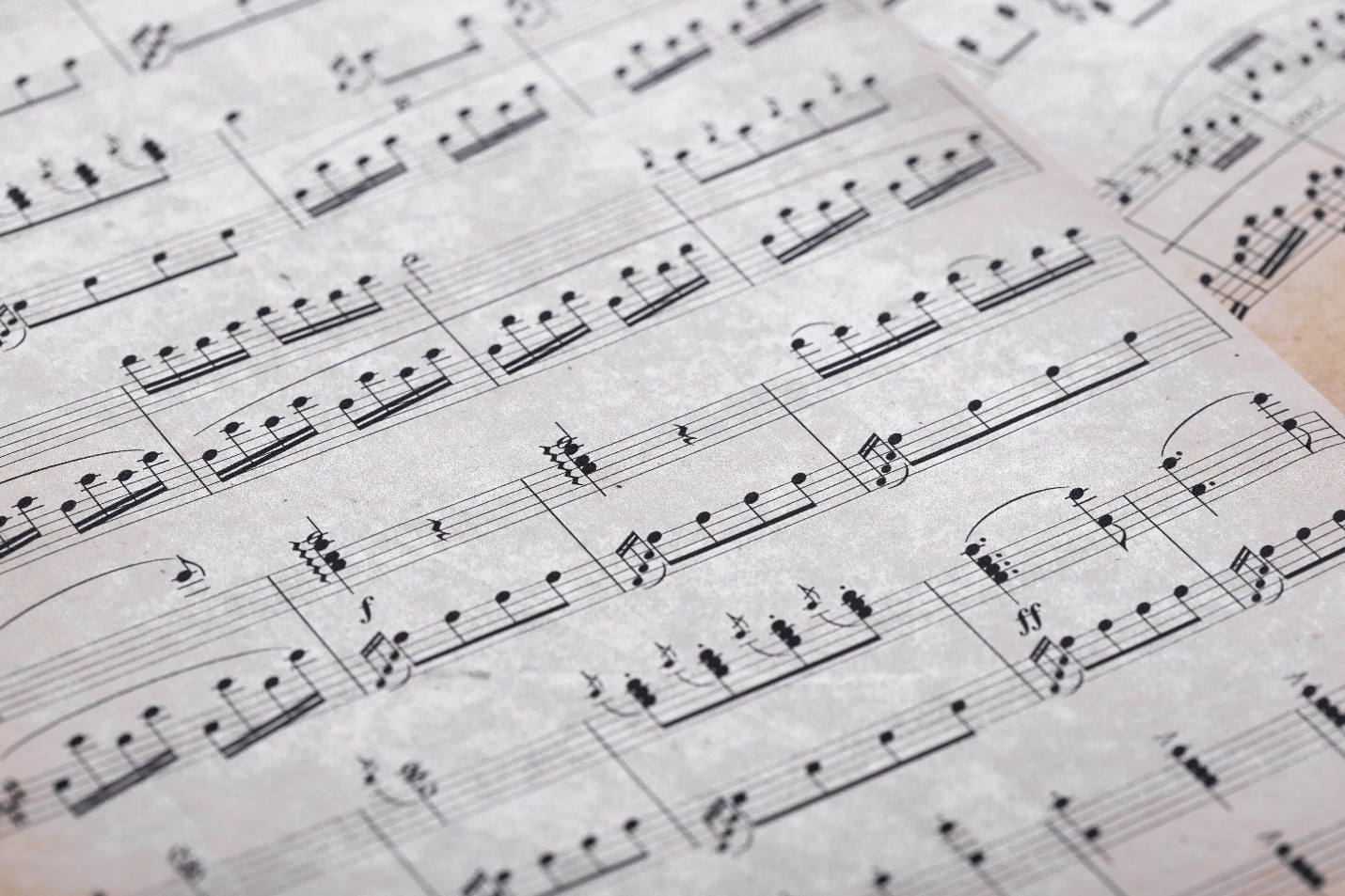 |
||||||||||||||||
|
How Trumpet Technique Books Can Improve Your Daily PracticeQuick OverviewPlaying trumpet songs is fun, but if you're looking to get better faster, technique books are your best friend. I’ve been performing and teaching trumpet for decades, and I’ve seen time and again how powerful structured practice can be. In this blog, I’ll talk about how trumpet technique books can help you make real progress, how to fit them into your daily routine, and why even a few focused minutes a day can make a huge difference. |
||||||||||||||||
|
Why I Rely on Technique Books When I first started out, like many players, I’d just run through whatever felt comfortable. But comfort doesn't get you to Carnegie Hall—or even through a tough jazz solo without gasping for air. That’s where technique books come in. Whether you're a beginner or a pro, having structured exercises helps you target exactly what needs work. It’s like having a personal coach in your trumpet case. |
||||||||||||||||
|
|
||||||||||||||||
|
What They Help With Technique books focus on very specific skills—lip flexibility, articulation, endurance, breath control—all the behind-the-scenes work that makes your playing sound easy. My go-to books are ones like Arban’s Method, Clarke Technical Studies, and Bai Lin Lip Flexibilities. I'd like to add two books to the list of materials. First, my new book Forgive Me Mozart Etudes—an excellent resource for teaching rhythm and articulation. Second, Chris Gekker’s Trumpet Talk, a fantastic guide filled with thoughtful approaches to practicing. Both are published by Charles Colin Music! These are goldmines for building strength and range. If you’ve ever found yourself running out of breath mid-phrase, struggling to play high notes cleanly, or getting lost in fast passages, these books help break those walls down. They’ve worked wonders for my students too, from middle schoolers to college-level players. |
||||||||||||||||
|
A Simple Practice Routine Here’s a basic daily routine I recommend. You don’t need hours—just focus for 30 minutes.
|
||||||||||||||||
|
Proof That It Works A study published by Frontiers in Psychology found that focused, structured practice (like the kind from technique books) leads to significantly better performance than unstructured playing (source). Consistent daily practice builds both confidence and brain plasticity, especially in young musicians. From my teaching experience, the students who stick to a routine using technique books always progress faster. They’re also more confident when audition day rolls around—and confidence matters just as much as chops. Also Read: How to Play Jazz Trumpet: A Journey Through Music with Robert Levy |
||||||||||||||||
|
Pairing Exercises with Real Music Now here’s the fun part. Once you’ve warmed up with technique exercises, dive into a tune. I always suggest adding a piece of trumpet songs sheet music you enjoy—something from a movie, a jazz standard, or even a classical melody. This bridges the gap between exercise and expression. You’ll hear the difference. Those lip slurs make that lyrical solo sound smoother. Articulation drills? Suddenly that tricky jazz lick sounds crisp. Technique work is the invisible scaffolding behind great music. |
||||||||||||||||
|
Final Thoughts Technique books aren’t flashy, but they’re essential. I’ve been using them for years in my own playing and with students of all levels. They help you develop solid habits, stay consistent, and actually enjoy the process. And remember—you don’t need to spend hours practicing. Even just 20–30 focused minutes a day can bring real results. If you’re serious about improving, grab a technique book, set a timer, and start small. Pair that with music you love, and you’ll grow faster than you thought possible. And hey, if you skip a day here or there, don’t beat yourself up. Just pick it back up tomorrow. .As a trumpet performer, conductor, teacher, composer, and recording artist, I’ve had the great joy of sharing my passion for music across the U.S. and beyond. Over the years, I’ve recorded more than fifty pieces across ten labels and premiered over a hundred works—many of them written specifically for me. My commitment to supporting American composers has helped bring their music to life on stages and in publications around the world. For more information on my music, you can visit my website! |
||||||||||||||||
|
FAQs Q1: What’s the best trumpet technique book for beginners?The Rubank Elementary Method and Arban’s Complete Conservatory Method (starting at the beginning) are great for building basic skills. Q2: How often should I use technique books?Ideally, include them in your daily warm-up—just 15–20 minutes can make a difference. Q3: Do professionals still use technique books?Absolutely! I do. They’re a lifelong tool for keeping your playing sharp. Q4: How do I stay motivated to practice technique?Mix in music you love. Hearing how the exercises improve your sound is the best motivation. Q5: Can trumpet technique books help with jazz?Yes—they build the chops and control you need for improvisation, range, and speed. Q5: Is it okay to use just one book at a time?Of course. Start with one that fits your needs. Once you feel ready, explore others for different skills. |
||||||||||||||||
All
rights reserved. © Robert Levy
SitemapWeb design by Web Monger |
||||||||||||||||
